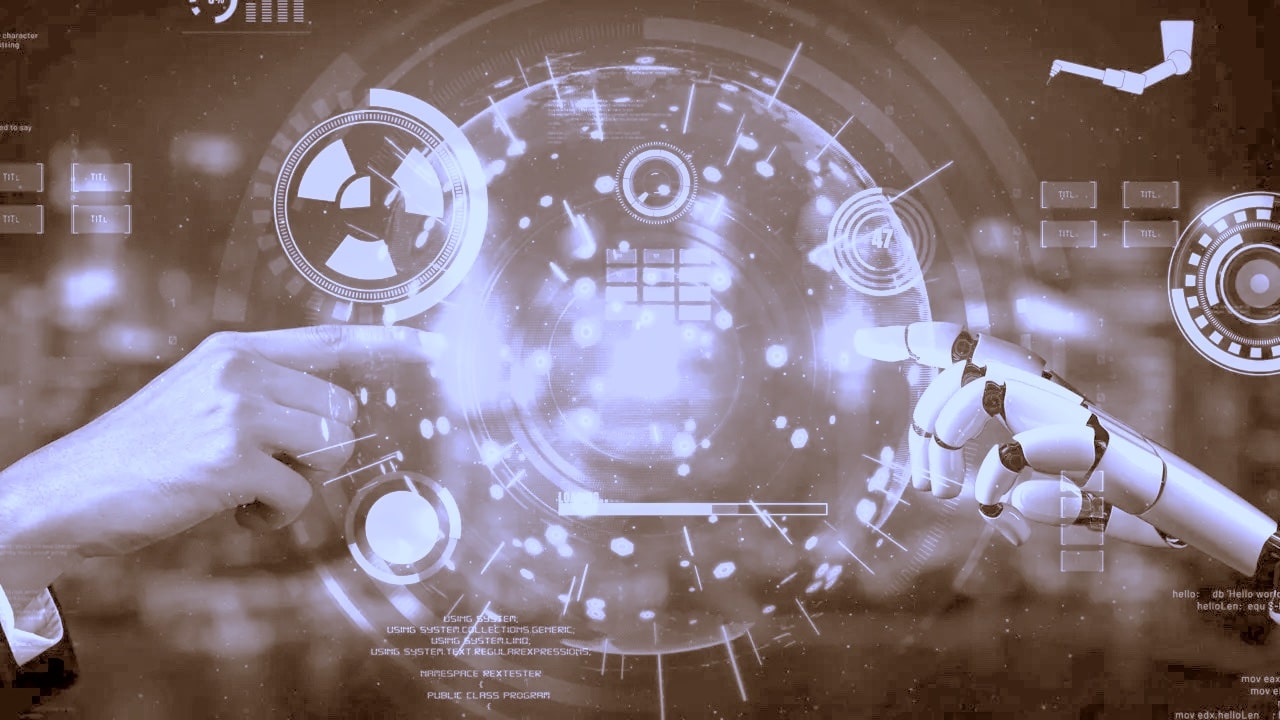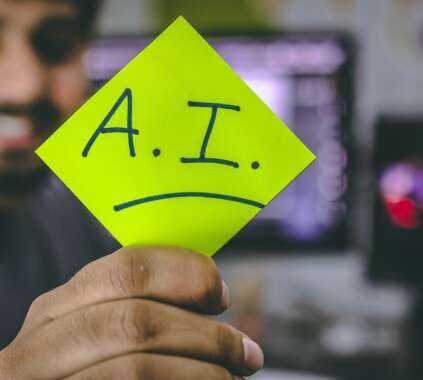Radhika Nallayam
Critics call it another hype. Some say it’s the magic pixie dust of the tech world. Whatever the case, Metaverse is eventually going to impact our lives in unprecedented ways. While experts are debating its most pressing use-cases in the consumer and enterprise segments, one area has already proven its potential – the industrial sector.
ABI Research estimates that the industrial metaverse, exemplified by digital twins, augmented field service and predictive maintenance, could grow into a $100 billion market by 2030. VentureBeat reports that the figure is larger than the $50 billion consumer metaverse and the $30 billion enterprise metaverse combined.
At the CES (Consumer Electronic Show) 2023, several examples of how Metaverse can transform industrial processes were showcased. Among those, Mercedes-Benz’s Metaverse factory was particularly remarkable.
How BMW and Mercedes- Bens are building Future-ready factories with Metaverse
Mercedes-Benz partnered with Nvidia as part of its vision to digitalize its production process completely. The automaker will use the NVIDIA Omniverse platform (a platform that cab build 3D pipelines and simulate large-scale virtual worlds) to design and plan manufacturing and assembly facilities. With the help of AI and metaverse, these factories will rely on feedback loops to reduce waste, decrease energy consumption and continuously enhance quality.
According to Nvidia, Omniverse will allow Mercedes-Benz planners to access the digital twin of the factory, review and optimize the plant as needed. Every change can be quickly evaluated and validated in the virtual world, then implemented in the real world to ensure maximum efficiency and ergonomics for factory workers. This is expected help the automaker to drastically reduce delays in production process and make it truly smarter.
Auto-giant BMW – which is reportedly the first player to implement the Nvidia technology to simulate its factory environment and build a digital twin of its factory floor- reports reduction in planning times, improvement in flexibility and precision, and a 30% more efficient planning process.
Building on Digital twin
Industries like auto manufacturing, shipping and mining are already extensively leveraging digital twins – which is considered to be the foundation of enterprise metaverse. Some of the early use-cases of Metaverse in these industries include –
- Simulating fleet behaviour and tracking containers that are buried in stacks
- Building aircraft engines using digital twins to simulate how they fly
- Building factories and production environments in the virtual worlds to experience how exactly they will function in real world – just like Mercedes- Benz did.
We are witnessing the rapid emergence of a metaverse focused solely on industry. This industrial metaverse may still be in its formative stages, but its early adoption of digital twinning is already showing results, increasing productivity and efficiency, boosting safety and enabling new levels of flexibility to industrial sectors hardly known for their agility, wrote Nishant Batra, Chief Strategy and Technology Officer, Nokia, in his blog for World Economic Form.
Industrial Metaverse will likely open up a whole new dimension in the human-machine collaboration history.














